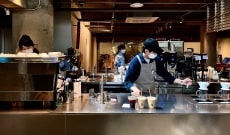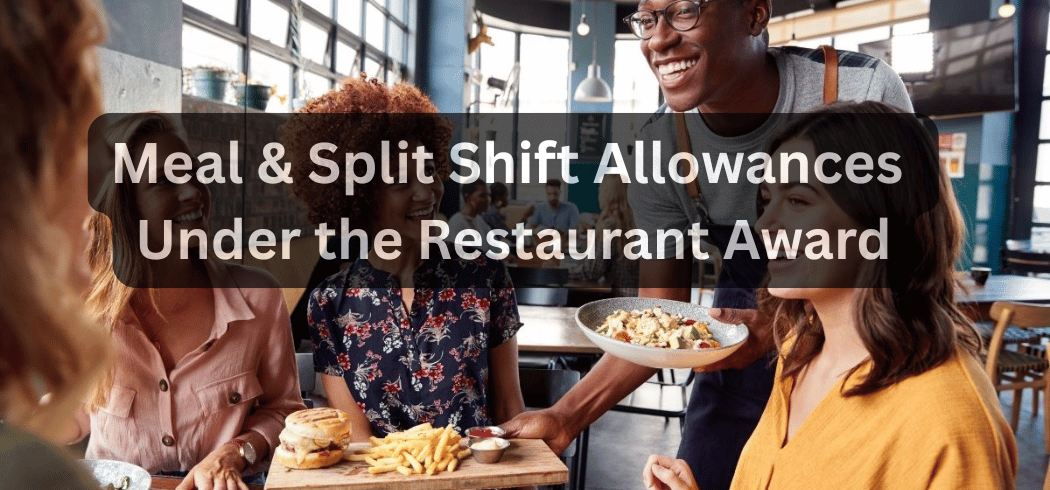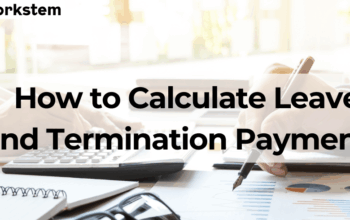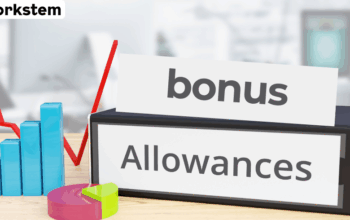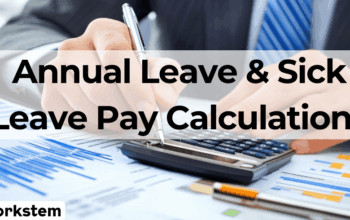In Australia’s restaurant and café industry, long and irregular hours are part of the job. But when it comes to wages and breaks, every minute counts. Under the Restaurant Industry Award, employers must provide the correct meal break entitlements and split shift allowances to ensure Fair Work compliance. This article breaks down what you need to know as an employer or employee in the restaurant industry.
Meal Break Entitlements Explained
Under the restaurant industry award, employees who work more than five hours must be given an unpaid meal break.
Here’s what the Award specifies:
- An unpaid meal break of at least 30 minutes must be provided after no more than 5 hours of continuous work.
- If the break is not provided or delayed beyond six hours, employees may be entitled to additional pay or penalty rates.
- Breaks cannot be automatically substituted with a paid rest break unless agreed in writing under specific conditions.
Example:
If a barista starts work at 9:00am, they must receive their 30-minute meal break no later than 2:00pm. If they are required to keep working until 3:00pm without a break, this could result in a breach of the award and potential back pay obligations.
What Is a Split Shift?
A split shift is when an employee works in two or more separate periods in one day, with unpaid time in between that is longer than a typical break. This is common in restaurants during quiet afternoon hours between lunch and dinner service.
Example:
A server works from 10:00am to 2:00pm, and again from 6:00pm to 10:00pm. This is a clear example of a split shift under the award.
Split Shift Allowance
The Restaurant Industry Award includes a provision for a split shift allowance, designed to compensate employees for the inconvenience of having unpaid time between work periods in a single day.
As of the 2024/2025 pay guide:
A split shift allowance of $4.83 per day applies when an employee is required to work a rostered split shift.
*Note: always check the Fair Work pay guide for the current rate.
This allowance is paid in addition to the employee’s base hourly rate and other applicable entitlements such as penalty rates or overtime.
Why Compliance Matters
Incorrectly handling meal breaks or split shift allowances can lead to underpayment claims, Fair Work investigations, and reputational damage. Some major Australian hospitality employers have already faced significant penalties for failing to follow Award obligations.
By using a compliant payroll and workforce management system like Workstem, restaurants and cafés can automate roster rules, enforce break requirements, and ensure correct allowance payments with every shift.
How Does Workstem Help?
Simplify your payroll process and ensure accurate pay rates with Workstem’s automated payroll system. Our pre-built modern award interpretation software covers 122+ awards and 34 EBAs, and keeps you up-to-date with penalty rates and other award entitlements.
Choose between our Standard and Advanced plans, and enjoy a range of benefits such as Fair Work compliance, an employee self-service App, and custom rule set. We have integrated our system with Xero and NetSuite as well to bring you a complete HR SaaS solution for your business.
Book a free demo with our payroll experts. Experience the efficiency and accuracy of Workstem today!
FAQs About the Restaurant Industry Award
Q1: Do casual employees receive split shift allowances?
A1: Yes. Casuals working split shifts under the restaurant industry award are still entitled to the split shift allowance if their work is scheduled across two separate periods with unpaid time between.
Q2: Can meal breaks be shortened to less than 30 minutes?
A2: Only if there is an agreement in writing between the employer and employee. Otherwise, a minimum of 30 minutes unpaid must be given.
Q3: What if a staff member chooses not to take their meal break?
A3: Employers are still legally required to provide the break opportunity. Not enforcing this can lead to non-compliance.
Q4: Do split shift allowances apply every time there’s a break between shifts?
A4: No. The allowance applies only when the break is longer than a meal break and the employee is required to return later to complete their roster.
Read More:
Updated Restaurant Industry Award Pay Rates: What You Need to Know


